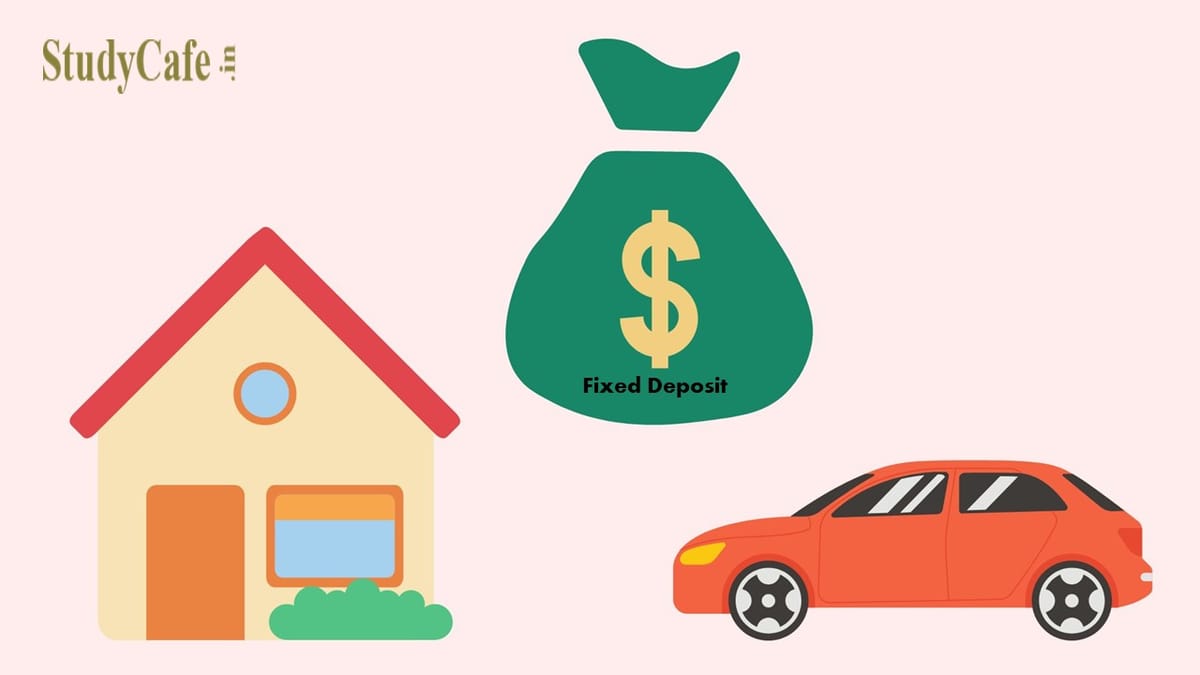vinti | Jun 15, 2022 |

RBI Repo Rate Hike: What Effect It Will Have On Your Fixed Deposits, Home Loan, And Vehicle Loan
The Reserve Bank of India raised the repo rate by 0.40 percent on May 4 in an effort to curb inflation. The rate at which RBI loans to banks for their short-term borrowing requirements is known as the repo. This should have led to an equal increase in lending and deposit rates. This, however, did not take place. Banks generously increased loan rates while restraining themselves from raising deposit rates. The newspaper looked at the fixed deposit rates and home loan rates offered by the main banks in the nation. It was discovered that just 11 banks had raised deposit rates since the initial repo rate increase on May 4, although 17 banks had raised the cost of home loans. Banks have raised loan rates in this case as well by 0.50 to 0.90 percent. While fixed deposit rates have gone up from 0.10 to 0.35 percent.
The benchmark repo rate was increased by 50 basis points to 4.90 percent with immediate effect by the RBI during its second bi-monthly monetary policy meeting review for fiscal year 23 on June 8.
It came after a 40 basis point off-cycle rate increase in May to control the nation’s skyrocketing inflation, which was mostly brought on by supply-side problems brought on by the Russia-Ukraine war.
With effect from June 8, 2022, private sector lender ICICI Bank increased the repo-related External Benchmark Lending Rate (EBLR) from 8.10% to 8.60%. The house loan rate was raised by 0.40 percent by the largest bank in the nation, SBI, but only the lower rate on fixed deposits, which was also raised by 0.20 percent. In private banks, this discrepancy is considerably more pronounced. Axis Bank has boosted its home loan volume by 0.95 percent, followed by ICICI Bank, Kotak Mahindra Bank, and HDFC by 0.90 and 0.85 percent, respectively. These banks, meanwhile, have only raised FD rates by 0.15 or 0.20 percent.
Deposit interest will rise in the near future.
Fixed deposit interest rates are consistent in the range of 4.40 to 5.60 percent for terms ranging from one year to three years. Most of the time, there has been a 10–25 basis point increase since March. The advantages of a repo rate increase of 90 basis points over two rounds have not yet been fully passed on to the customers. The majority of banks now have enough cash on hand, thus they do not wish to accept deposits at high rates at this time.
In case of any Doubt regarding Membership you can mail us at contact@studycafe.in
Join Studycafe's WhatsApp Group or Telegram Channel for Latest Updates on Government Job, Sarkari Naukri, Private Jobs, Income Tax, GST, Companies Act, Judgements and CA, CS, ICWA, and MUCH MORE!"